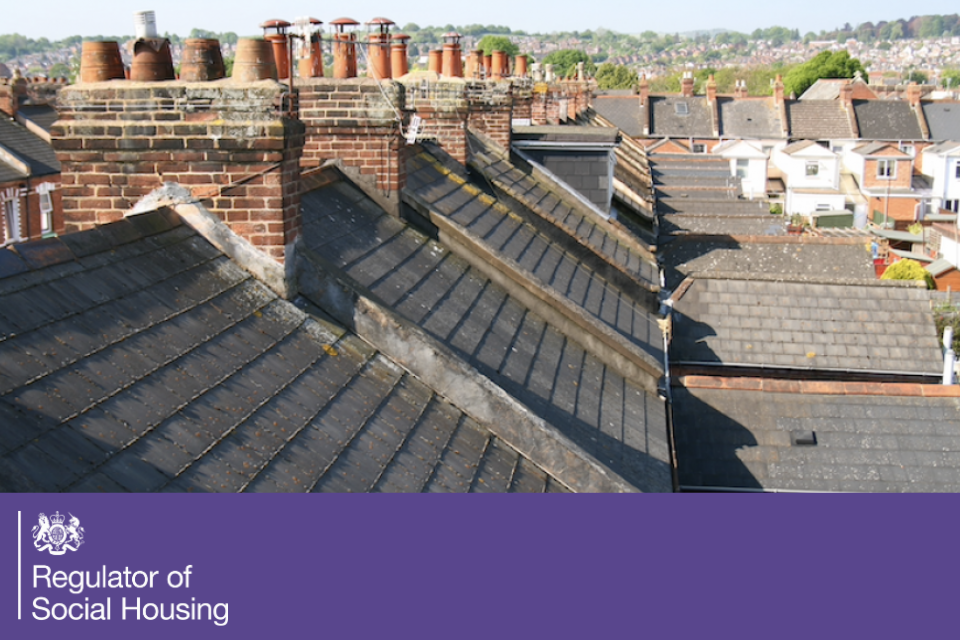Following inspections, Moat Homes and Plus Dane Housing were both downgraded to a G2 governance grading, while Salvation Army Housing Association was upgraded to G1. Moat Homes also had its viability regraded to V2.
All three providers received a C2 grading for the consumer standards. This means there are some weaknesses in each of the landlords delivering the outcomes of the consumer standards and improvement is needed.
Walsall Housing Group Limited received C1, G1 and V1 gradings as a result of an inspection.
RSH also confirmed that Trident Housing had failed to meet the outcomes of the Rent Standard, after the landlord identified errors in a significant number of rents charged to tenants through an independent review.
RSH also published regulatory judgements for a further 54 landlords from its stability check programme, with all but four retaining their previous governance and viability gradings.
Stability checks are a yearly exercise where we look at the financial information private registered providers have submitted to us (including their most recent business plan and annual accounts) and consider whether their current viability grade is consistent with this.
Arawak Walton Housing Association and NSAH (Alliance Homes) were regraded to a V2 grading, and Habinteg Housing and YMCA St Pauls Group were upgraded to a G1 governance grading.
Kate Dodsworth, Chief of Regulatory Engagement at RSH, said
Social landlords are currently facing a range of complex challenges and this makes careful scrutiny more important than ever.
We are using all the tools at our disposal, including the new proactive inspections and the stability check programme, to ensure our standards are being met and tenants are protected.
As soon as a landlord becomes aware of a potential issue, they should flag it to us immediately so it can be resolved as quickly as possible. We always welcome self-referrals, which shows a landlord is taking accountability and understands their responsibilities.
Judgements resulting from planned inspections
Judgements resulting from stability checks and responsive engagement
Notes to editors
-
More information about the Rent Standard is available on RSH’s website.
-
RSH carries out stability checks on all housing associations, and other private registered providers (PRPs), who own 1,000 homes or more. The stability checks are a yearly exercise. We look at the financial information PRPs have submitted to us (including their most recent business plan and annual accounts) and consider if there are any risks which might result in a change to their financial viability or governance gradings. The checks do not include local authorities because our governance and financial viability standard does not apply to them.
-
On 1 April 2024 RSH introduced new consumer standards for social housing landlords, designed to drive long-term improvements in the sector. It also began a programme of inspections for all large social landlords (those with over 1,000 homes) over a four-year cycle. The changes are a result of the Social Housing Regulation Act 2023 and include stronger powers to hold landlords to account. More information about RSH’s approach is available in its document Reshaping Consumer Regulation.
-
More information about RSH’s responsive engagement, programmed inspections and consumer gradings is also available on its website.
-
RSH promotes a viable, efficient and well-governed social housing sector able to deliver more and better social homes. It does this by setting standards and carrying out robust regulation focusing on driving improvement in social landlords, including local authorities, and ensuring that housing associations are well-governed, financially viable and offer value for money. It takes appropriate action if the outcomes of the standards are not being delivered.
For general enquiries email enquiries@rsh.gov.uk. For media enquiries please see our Media Enquiries page.

